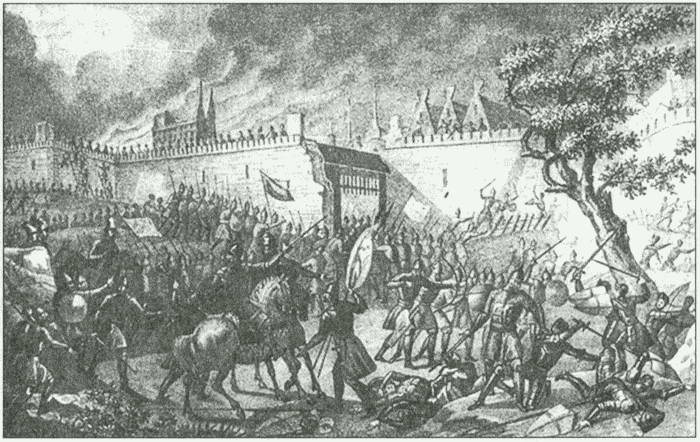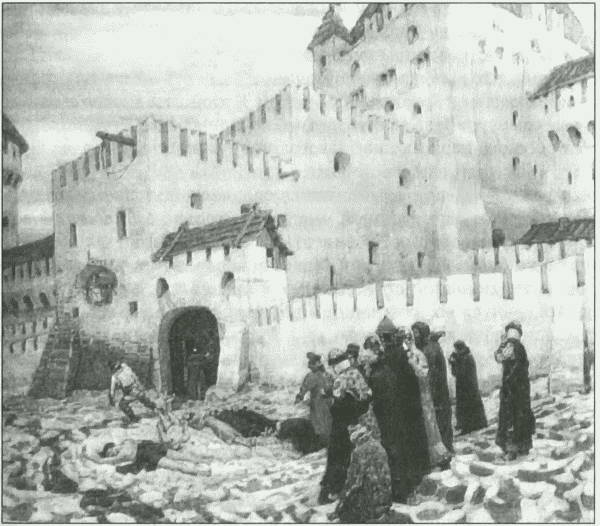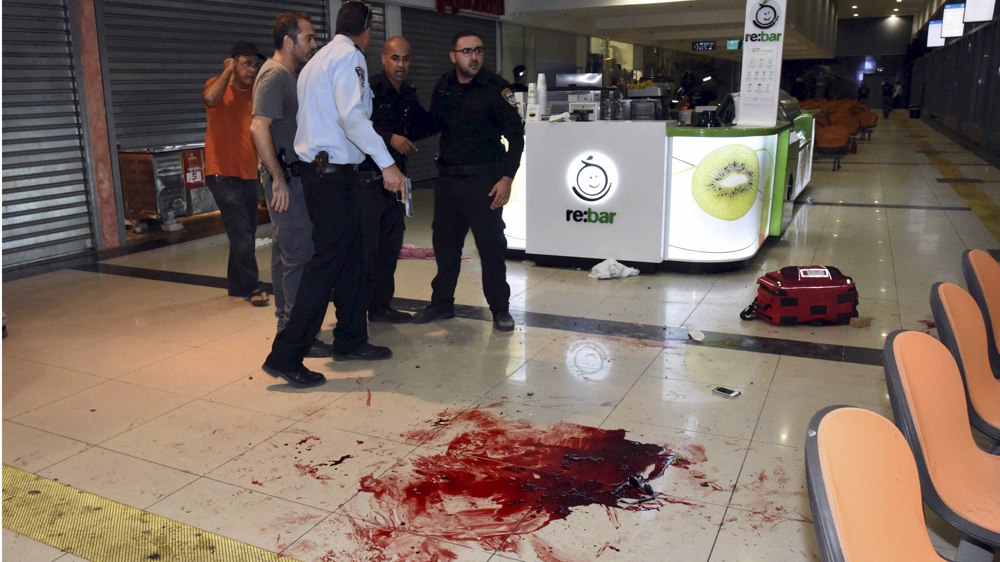
Illustration from the book “Livonian War 1558-1583”, AA. Shapran
During the Livonian War, the purpose of which was Russia on the Baltic Sea, Russian state sought to lift the blockade, established Livonia, Polish-Lithuanian Commonwealth and Sweden. At the same time Russia tried to establish trade relations with the European countries without intermediaries, primarily through Narva, Revel and Riga.
22 January 1558 year 40000th Russian army invaded Livonia limits in Izborsk area more than 200 km, raided Tartu direction, Rakvere and Narva. In an effort to put pressure on the Livonian authorities, Russian troops completely ravaged areas, which took place. In the spring of Tsar Ivan IV the army returned to Novgorod with rich booty, leading to a captive crowd. Master of the Livonian Order for peace. Military operations were temporarily halted. However, Livonians had violated the truce.
In early April, during Lent Ivangorod unexpectedly fired from Narva. Russian magistrates Kurakin and Buturlin notify the king, and the emperor ordered to return fire. From Ivangorod fired back, and more than a week Narva subjected to artillery fire. Great destruction and loss of life forced the mayor of Narva, again asking for an armistice. 9 April Narva shelling stopped. In Moscow for talks went Narva deputies Joachim Krugauzen and Arindt background Dedenev, and Ivangorod were two hostages. Reinstall the short truce, which violated the Livonians. Upon learning, that the master of the Livonian Order sent reinforcements to Narva, they opened at Ivangorod intermittent fire from guns, than immediately called back fire.
11 May 1559 year came the denouement. In the morning a fire broke out in Narva. The fire forced the residents to leave the city and take refuge in the castle. Seeing, that the city is panic-stricken, Russian troops took advantage of the favorable moment and rushed to the assault of Narva. boats, urgent skolochennыh desktop, boards and other improvised means they quickly crossed the river, and rushed into the burning Narva. Through the "Russian Gates" includes the troops under the command of Alexei Basmanova and Daniel Adasheva, and through "Kolyvansky" - troops under the command of Ivan Buturlina. Narva defenders did not have time to drag their guns from the walls of the castle, and they immediately took possession of the enemy. After some weakening fire mercenaries tried to knock the Russian troops from the city, but they failed. The situation was desperate in Narva: the castle were being fired not only from Ivangorod, but also with their own city walls, Narva since guns were seized by Russian. The defenders were forced to surrender the castle.
By the evening 11 May the parties agreed on the terms of surrender of the castle. In the darkness, they left the city garrison troops and those residents of Narva, who did not want to take the oath of allegiance to the Russian tsar. The winners kept their promise: prisoners were released and allowed to leave all comers. Russian troops went to the rich spoils of war, including 230 guns. In Moscow, a messenger rode with a message about the capture of Narva. The news of the victory reached the king. Winning news met peal.

Illustration from the book “Livonian War 1558-1583”, AA. Shapran
The capture of Narva was of exceptional importance for the Russian state. The city's location on the river near the sea gave him the opportunity to serve as the commercial port - the main link in the economic relations of Russia with the European countries. population of the town, many shopping perks were provided.
In connection with the change of government there have been great changes in the religious life of citizens. The conquered city Ivan IV ordered to clean up the place "of faith Latin and Lutheran" and construct two Orthodox churches: one - in the city, the second - in the fortress. The first stone building erected in the Old Town on the street Vyshgorodsky. The church was small, one dome, with a square plan.
second building of similar architecture was built on the territory of Ivangorod fortress. Archbishop Pimen of Novgorod sent to Narva in 1558 , the delegation of Orthodox clergy, to consecrate churches. Knowing the need of the bells for the new church, Pskovians one brought. Bell, molded 1518 year, It was donated to Narva Pskov Holy Trinity Cathedral. He survived to the present day.
According to Russian sources, taking Narva 1558 It was accompanied by a miracle. In Pskov chronicles says: Germans brewed beer, mocking, planted under the cauldron image Nicholas, Pskov belonged to merchants. Flame popped from the furnace and slept house, where there was a blasphemy, and then the whole city. Subsequently, in the ashes found intact thrown into the furnace of the image of St. Nicholas, as well as the icon of the Holy Mother (Tikhvin).
Livonian chroniclers, reflecting on the disaster of his country, lead in the chronicles a series of miraculous events and signs, prophesied the death of Livonia in the middle of the XVI century. All sources - and Russian, and Livonian - indicate the same house, where the fire started. It belonged to the barber Kordt Ulkenu. Calling the cause of the fire, All chroniclers indicate the wrath of God.
Gabriel Tsobehiya











